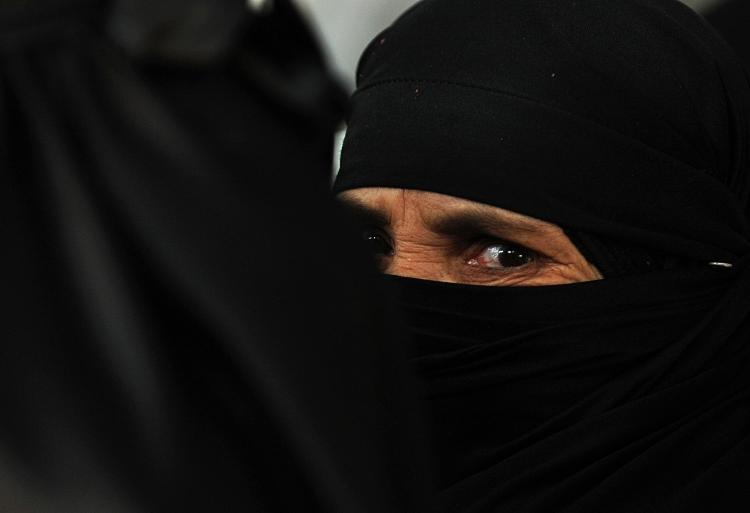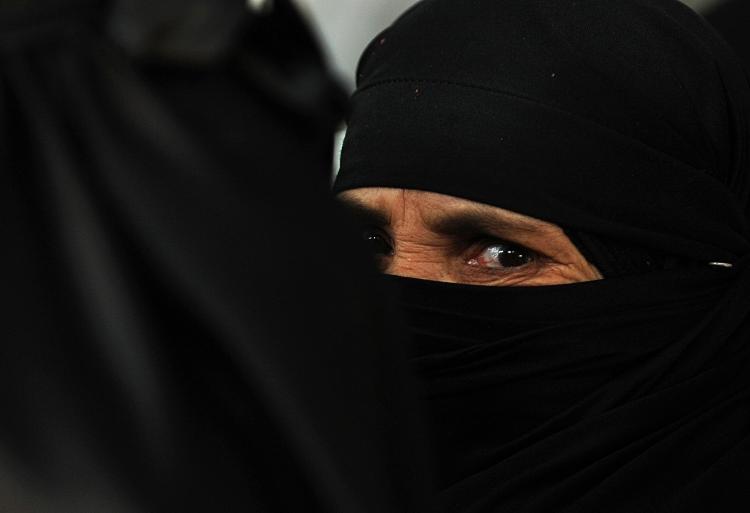DUBAI, United Arab Emirates—If appearances are all that count, Hassan Hamadi is no different from any other taxi driver in Dubai.
He wears the same uniform, knows the same shortcuts, and speaks in the same heavily accented English.
However it is what he does in his free time that sets him apart from the rest. Hassan Hamadi is a self-proclaimed exorcist.
“I know how to speak with the genies and spirits, and persuade them to leave someone if they try to harm them,” he said.
“It’s something which I have been born with, and I hope to use it to benefit people.”
Hamadi, who agreed to talk to The Epoch Times after several meetings, requested an alternative name and declined that his picture be used.
Witchcraft and sorcery is strictly illegal in the UAE and most Gulf countries. In Saudi Arabia, it is a crime punishable by death.
However in Dubai, authorities have treated it largely as the purview of scam artists and confidence tricksters.
Hamadi, however, insists that he accepts no money for what he does.
“In my village in Pakistan, I am very well known,” he said. “There are so many cases for me to solve.”
But authorities are skeptical, and treat self-proclaimed “sorcerers” as either scam artists or religious apostates.
In Saudi Arabia, last month Lebanese TV personality Ali Sabat was detained as he traveled to perform his Hajj pilgrimage.
He was sentenced to death for witchcraft, after he became famous for giving mystical predictions about the future.
Amnesty International called on Saudi authorities to lift the sentence. “Saudi courts are sanctioning a literal witch hunt by the religious police,” Sarah Leah Whitson, Middle East director at Human Rights Watch, said in a statement at the time.
“The crime of witchcraft is being used against all sorts of behavior, with the cruel threat of state-sanctioned executions.”
In the United Arab Emirates, and Dubai in particular, authorities take a more liberal stance. However, because of the large number of scam artists posing as sorcerers and exorcists in Dubai, police have set up a special task to crack down on so-called “magic-related crimes.”
“Some people are just simple and anything will fool them,” Khaleel Al-Mansouri, the head of Dubai’s Criminal Investigation Department, told local newspaper seven days earlier this year.
“It’s due to a lack of education, but also because the victims are greedy and are looking for a quick profit.
“Our officers are highly skilled and they carry out special undercover patrols in shopping malls throughout Dubai looking for any sorcery crime that might be occurring.”
In 2008 alone, fraudsters fleeced Dh130 million (US$35.5 billion) out of unsuspecting members of the public in sorcery scams.
Police said that there have been 99 such cases so far this year, compared to 75 cases in 2008, and 72 in 2007.
In October, a confidence trickster was jailed by Dubai Police after conning a local citizen out of thousands of dollars by posing as a wizard.
The man claimed that he could raise hidden treasure from underneath his house, by performing an elaborate ritual. In return, the homeless scam artist demanded full lodging and food for several months as well as additional “expenses” while the ritual was carried out.
When the victim of the crime grew impatient, the wizard produced six golden balls—which were animal dung wrapped in foil.
Even so, several thousand dollars were handed over to the scam artist for his role in rescuing the “treasure.” Later on, he realized the fraud.
Within the countries in the Persian Gulf region, Oman is regarded as a hotbed of superstition and witchcraft.
The country was once a major destination for slave traders, and the influence of the voodoo practices of east African slaves.
A British journalist who used to work on a weekly newspaper in the capital, Muscat, said that sorcerers and mystics were an everyday occurrence.
“Every time we left the office we would be approached by African women trying to hypnotize us so they could steal our wallets,” he said.
The journalist said that the newspaper was approached in 2007 by a man claiming that a cataclysmic flood would soon hit the country. Fearing that he was mad, security guards blocked the man from entering the newsroom.
Two weeks later, Cyclone Gonu hit the country, killing hundreds.
“We asked what happened to the man, and it turned out he had been jailed by police for breach of peace,” said the journalist.
“His cell was on the lowest floor of a coastal prison, in the region worst hit by the flooding. He was one of the first to die.”






